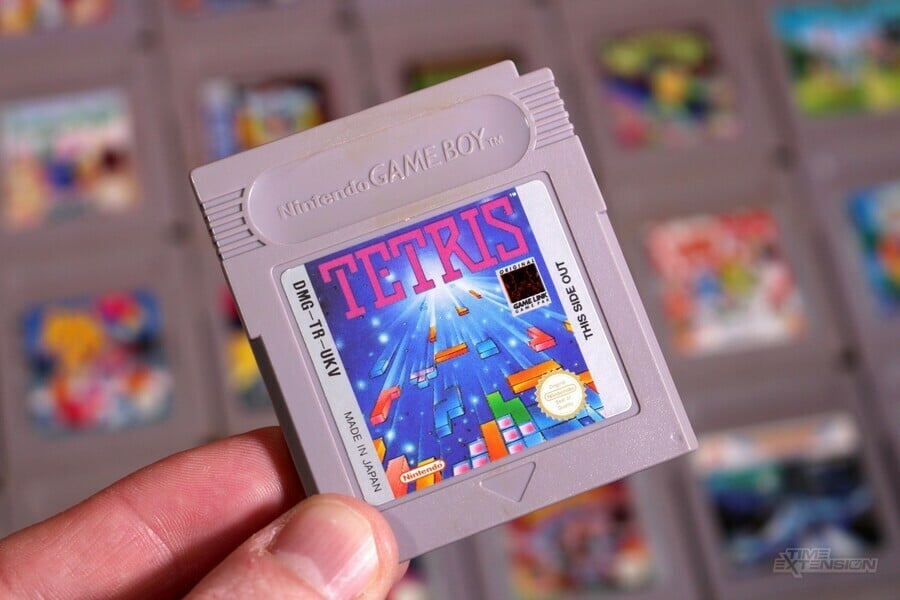
Most video game enthusiasts will know the name Alexey Pajitnov. The Russian-American developer was the original of creator Tetris, a game that has since gone on to become one of the best-selling video game franchises of all time.
But what history tends to forget to mention is that Pajitnov actually had some help in making his mega hit. Including from a 16-year-old engineer named Vadim Gerasimov and his fellow colleague at the Computer Centre of the Russian Academy of Sciences, Dmitry Pavlovsky.
Like Pajitnov, Pavlosky was an engineer who liked to make things in his spare time, but unlike Pajitnov, very little was actually known about him or any of the games he worked on. That is, until fairly recently.
In a closed MS-DOS Facebook group last month (as seen via @dosnostalgic), a Greek business owner named Giorgos Saradakis posted that he had managed to find one of Pavlosky's games on the hard drive of a Dell 486SX he had purchased in Bulgaria. Clax, as Pavlosky's game was called, was originally released on computers back in 1985 and was considered by many to be a piece of 'lost media', with players being left to speculate over what it was actually like to play (such as in this post on Old-Games.Ru).
But now, thanks to this amazing discovery, we can finally play it for ourselves, with an in-browser version readily accessible through the website archive.org. From what we can gather, in Clax, you play as a small dot with the objective being to clear the smiley faces that are darting across the screen. In order to do this, you need to switch the coloured panels to match the corresponding colour of enemy, while avoiding enemies. But you only have a short period of time in which to do this, with a counter ticking down in the lower right of the screen.
We gave it a quick test spin earlier to figure out the controls, and, while not as self-explanatory, nor necessarily as compelling as Tetris, it's an interesting time capsule showing what gaming was like behind the Iron Curtain. In many ways, the moral of the story is to always to check your magnetic storage, if you have the tools to do so, as this game could have likely been lost for good if not for Saradakis's efforts. After all, who knows how many copies of the game are still in existence?
We contacted Saradakis to ask him how he feels to have recovered such an interesting piece of Soviet video game history, and he tells us, "I'm very happy Clax is back alive" and "As a part of the former Soviet union, such findings are possible still."
[source twitter.com]







Comments 0
Wow, no comments yet... why not be the first?
Leave A Comment
Hold on there, you need to login to post a comment...